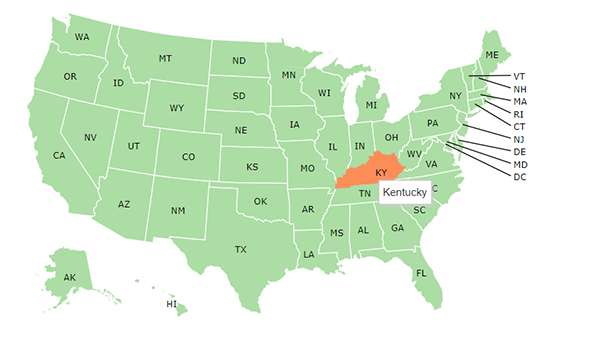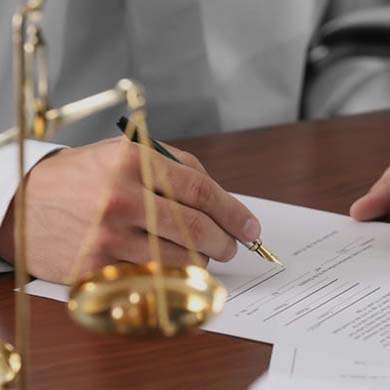File Small Claims Court in Kentucky
In Small Claims Court of Kentucky, any individual, business or corporation may bring a small claims suit for the recovery of money when the amount requested is $2,500 or less. However, you can file a case in District Court for claims up to $4,000, but it is not considered a small claims case and you would probably need to hire an attorney. Attorneys are allowed, but not required.

To FILE your case and SERVE the Defendant, the price for this state is$74.95.
Kentucky Small Claim Filing
Why do you waste your time energy after a small claim? We are here to take pain for you. We are literate enough about the Small Claims Court System. We will get your claim filed and make you free from worries. We file Kentucky Small Claim in the relevant court. We provide proof after the task is completed. Our policy provides individuals and companies peace of mind.
Suing Someone in Kentucky Court Or Being Sued?
We, in Kentucky Small Claim filing offer in case if you want to file a case against somebody, we can help by:
- Serving Your Small Claims Papers Before The Deadline.
- Serve Your Claim In Proper Legal Way for Kentucky Court.
- Fill Your Proof With The Owensboro Court.


In case you are sued, we talk to the relevant person or company to settle things down. We appeal your small claim judgment as well.
E-Filing Services inKentucky
Small Claim Kentucky E-file your legal documents to Kentucky courts that accept E-Filling on your behalf.
Recent Cases Filed in Kentucky Small Claims Court
Small Claims For Bad Cheque Or Payment in Kentucky
Kentucky Small Claim settles all money matters reliably and authentically if you are deceived in money matters.
File Small Claims in Owensboro For Security Deposit
In Kentucky Small Claim, if your former landlord refuses to return the security deposited you paid, we offer our services.
Kentucky Small Claims Filing if Refusing To Pay After A Car Accident
If someone ruins your car in Kentucky and refuses to pay for its repair, you can file small claims to recover your car accident damage. Small claims filingprepares all the documents to file a small claim in Kentucky court.
Direct Legal Small ClaimService inKentucky
We provide full service of handling of writs both state and federal.
Court Filling Small Claim Kentucky Services
Throughout Kentucky in the small claims, we offer services to accommodate on the same day, next day or routine service.
Who Can Sue Small Claim In Court Kentucky?
Those who can claim for Small Claim Kentucky are listed below:
- Married Couples can file small claims in Owensboro court.
- Business Partnerships can also file small claims
- Corporations can file small claims
- Government Agencies can file small claims
- Motor Vehicle Claims can be handled
- Minors can also file small claims in the court of Kentucky
- Prisoners can file small claims
- Bill Collectors can also file small claims in Kentucky
How Much Does It Cost To File A Small Claim Court, Kentucky?
There is a $30 filing fee for a case asking for up to $1500. To claim over $1500, and up to $5,000, there is a filing fee of $50. If your claim is above $5,000, the filing fee is $75. If you file more than 12 cases in a year, subsequent cases will cost $100.



